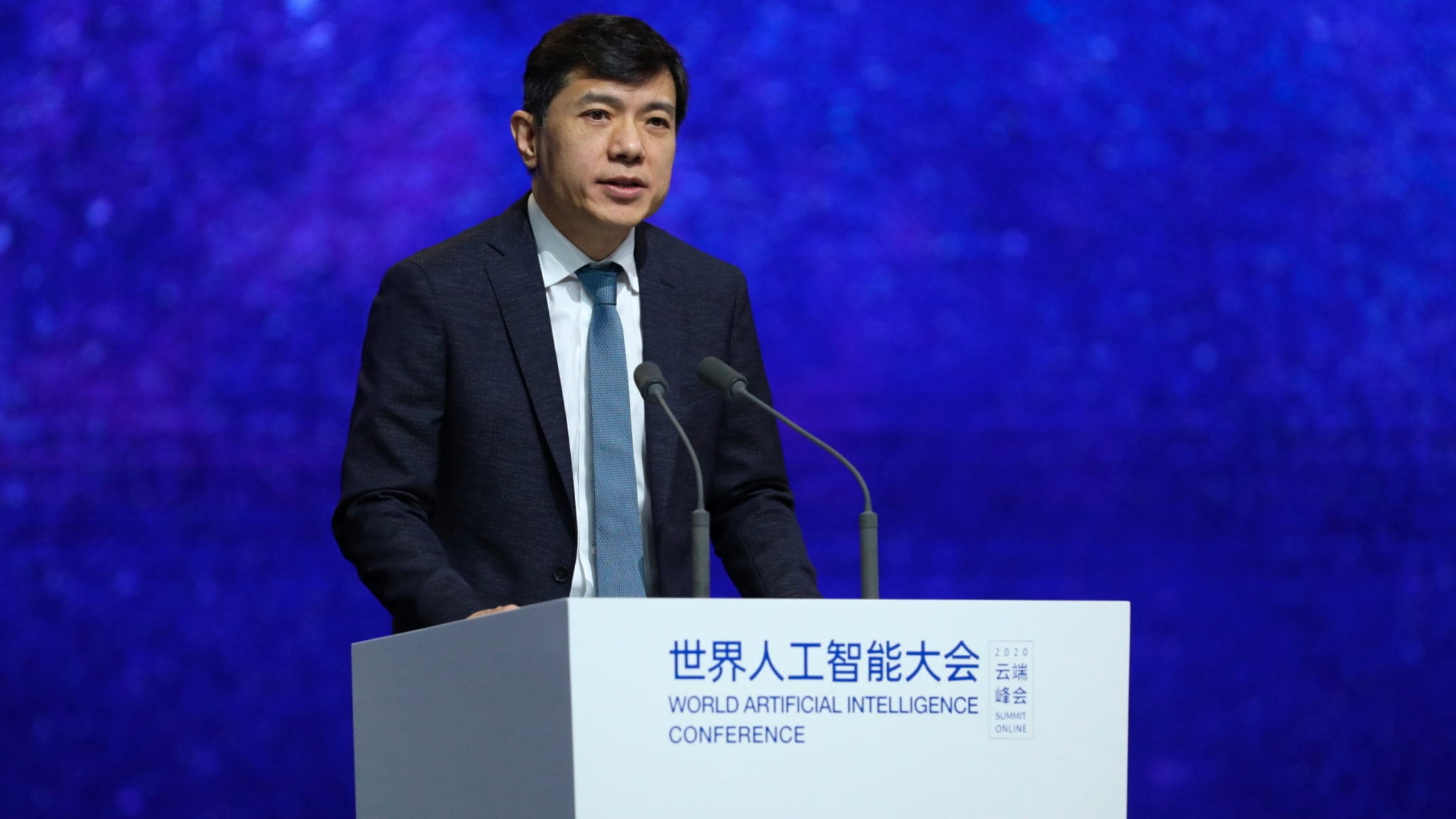
As China's tech giants catch onto biotech, Baidu plots $2B startup focused on diagnosis, AI drug discovery
When China’s biggest search engine builder forays into biotech, expect it to move in large strides.
Baidu is reportedly scouting around for investors to collectively put $2 billion behind a biotech startup that would leverage its artificial intelligence technologies in disease diagnosis and drug discovery — following in the footsteps of American tech giants while joining its Chinese counterparts in making healthcare investments.
Unlock this article instantly by becoming a free subscriber.
You’ll get access to free articles each month, plus you can customize what newsletters get delivered to your inbox each week, including breaking news.